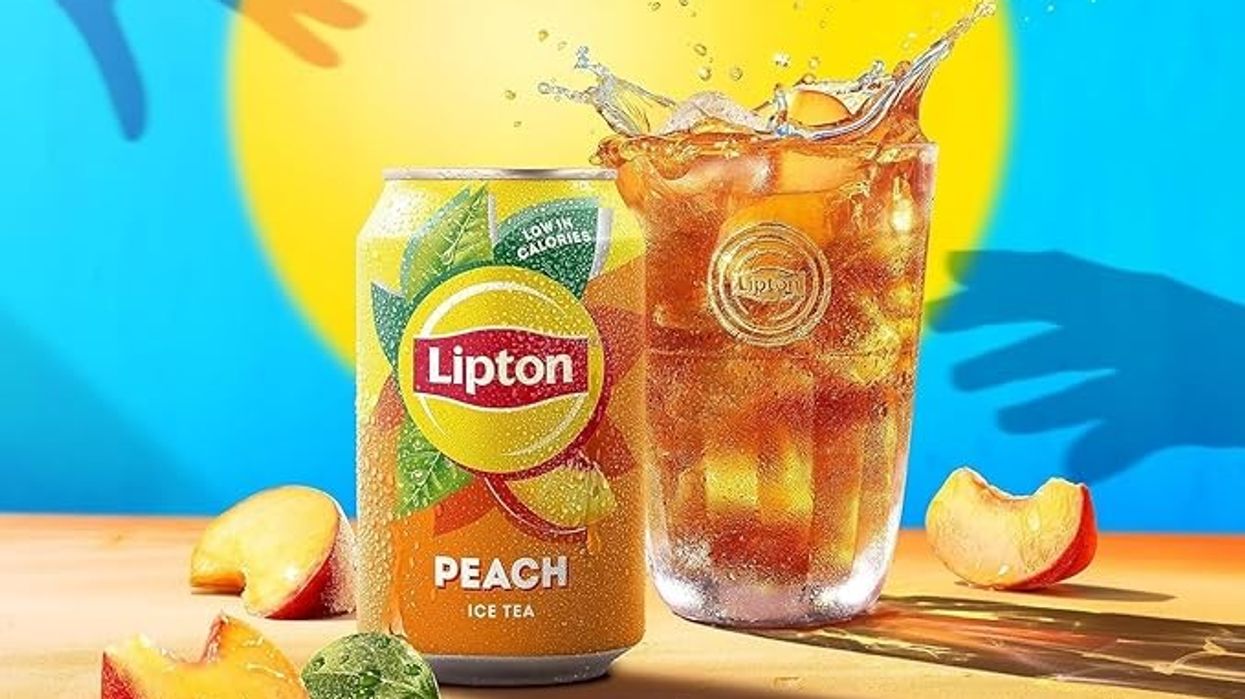Fans of Lipton Ice Tea were left reeling this week after the brand made the shocking announcement that its much-loved Peach flavour would be discontinued. The news, shared on social media on the evening of March 18th, sparked an outpouring of disbelief and frustration among devoted fans, many of whom expressed their sadness over the loss of their favourite drink.
The official statement from Lipton, posted alongside an image of a can of Peach Ice Tea adorned with angel wings, sent shockwaves through the online community. The caption read: "You may have heard that our iconic Peach Lipton Ice Tea flavour is getting discontinued. We know – it hurts (sorry if we've ruined your go-to afternoon chill bev). But don't worry, the rest of your faves are still here to keep you refreshed."
For many, the Peach flavour was not just another drink, but a go-to beverage for those seeking a refreshing and flavourful pick-me-up. The news quickly prompted a wave of comments, with fans pouring out their frustrations in the comment section. One particularly impassioned fan wrote, “It’s the only flavour people like? Why are you doing this????? Delete and pretend you got hacked.” Another heartbroken commenter added, “THIS DRINK GIVES ME WILL TO LIVE.”
The outrage continued to build as fans shared their thoughts on the devastating news. One user lamented, “Not sure why you’d ruin my life like this to be honest, bit rude,” while another expressed their disbelief, asking, “I immediately went to check if it was 1st April??!!!! What is happening?” The tone of comments ranged from despair to outright disbelief, with some fans even claiming that their lives would be impacted by the loss of the drink. "Please rethink this decision I’m going to throw up,” one user pleaded, while another joked, “Guys, if you do this, my wife will be fuming.”
Despite the strong backlash from fans, Lipton attempted to soften the blow by hinting at the possibility of a future comeback for the Peach Ice Tea flavour. “Who knows? Maybe one day, Peach will make a legendary comeback,” the brand teased, leaving the door open for a potential return. However, the statement did not offer any concrete details on when or if this fan-favourite flavour would return to shelves. Instead, the company simply acknowledged the disappointment and signed off with the hashtag "#RIPeach."
While Lipton’s announcement has left many fans devastated, the discontinuation of popular drinks is not an isolated event in the beverage industry. Only last year, Coca-Cola made the decision to quietly discontinue half of its drinks, cutting brands such as Tab, Zico coconut water, Diet Coke Feisty Cherry, and Odwalla juices from its line-up. This decision followed the scrapping of the long-loved Lilt, which had graced UK shelves for over 50 years, only to be relaunched as Fanta Pineapple and Grapefruit.
The emotional response from Lipton fans is reminiscent of the reaction to Lilt’s discontinuation, with many consumers expressing a similar sense of loss. TV presenter Paddy McGuinness famously voiced his dismay over Lilt’s disappearance by tweeting a reference to the dying words of the villain in the film Blade Runner: “All those moments will be lost in time. Like (clears throat) Lilt in rain. Time to die.” Similarly, long-time Lilt fans took to social media to vent their frustration, with one person stating, “F*** this to hell. I love a Lilt. Gonna have to stockpile,” and another adding, “I don’t think I want to live in a world without Lilt in it. What’s the point anymore?”

Lipton, for its part, is trying to manage the fallout from this announcement by reassuring fans that their other popular flavours will remain available. However, it’s clear that Peach Ice Tea held a special place in the hearts of many, and its absence will be felt for the foreseeable future. While the company has hinted at a possible comeback, for now, fans will have to bid farewell to their beloved beverage and hope that one day, Lipton might bring it back to quench their thirst once again.
As the social media outrage continues to simmer, only time will tell whether Lipton will reconsider its decision. Until then, the Peach Ice Tea community remains in mourning, united in their love for a drink that brought joy and refreshment to so many.





